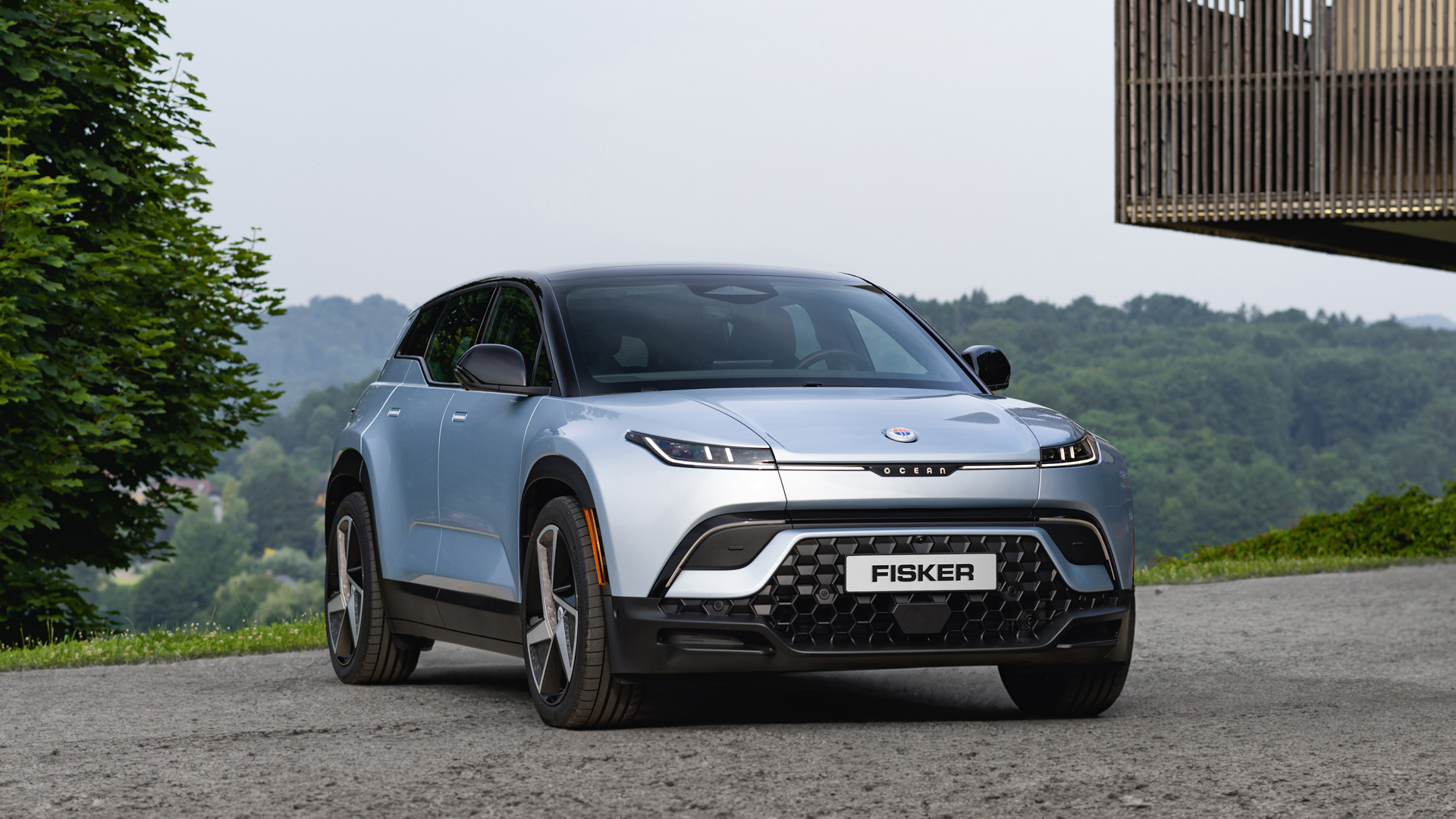

When Henrik Fisker made his return to auto manufacturing in 2023, he decided to use the direct-sales model, like many of his fellow electric vehicle startups. Tesla, Rivian, and Lucid all cut the dealership middleman out of the equation, selling cars directly to the customer, and Fisker wanted to do the same with his new namesake EV company. However, after realizing the difficulties such a sales model brings, he’s decided to go back to the traditional dealership system.
According to the Wall Street Journal, Fisker is currently working to open 50 dealerships in the United States this year. With 50 dealerships, the very new, very unknown company will have an easier time reaching customers and getting people to actually buy cars. Of the 10,142 Fisker Ocean electric SUVs built last year (its first year of production), less than half were sold. Much of the problem has to do with customers’ inability to actually see the car in person, as Fisker only has showrooms in Los Angeles and New York.

“Some people don’t want to drive three hours or fly to another state to see a vehicle,” said Fisker. Shocking.
There’s also a matter of inventory. With only two showrooms and more than 50% of Fisker’s production going unsold, the company is on the hook to store and maintain the inventory. Why is Fisker having a hard time, while Tesla, Rivian, and Lucid are making the direct-sales model work? Some of it might have to do with where each brand’s cars are made. Fisker outsources Ocean production to Magna Steyr in Austria, while the other three EV startups build their cars themselves, in the U.S. So maintaining inventory might be easier for the U.S.-based companies.
Between storing and expenses, Fisker learned that it costs the company thousands of dollars per vehicle. “I saw that number, I realized, shoot, we can actually afford to give somebody else a margin and take care of all that,” he said.

It’s interesting to see Fisker reverse course. With most new EV brands eschewing dealers for a more modern, direct approach, it initially seemed natural for Fisker to do the same. Especially when even legacy automakers have expressed their desire to do so, and dabbled in it when most people were home during the pandemic. However, legacy automakers are big enough and have the resources to accommodate unsold inventory and carry those cars on their books. Maybe for a small global company like Fisker, the traditional dealership model actually works best, at least in the U.S.
Got tips? Send ’em to tips@thedrive.com